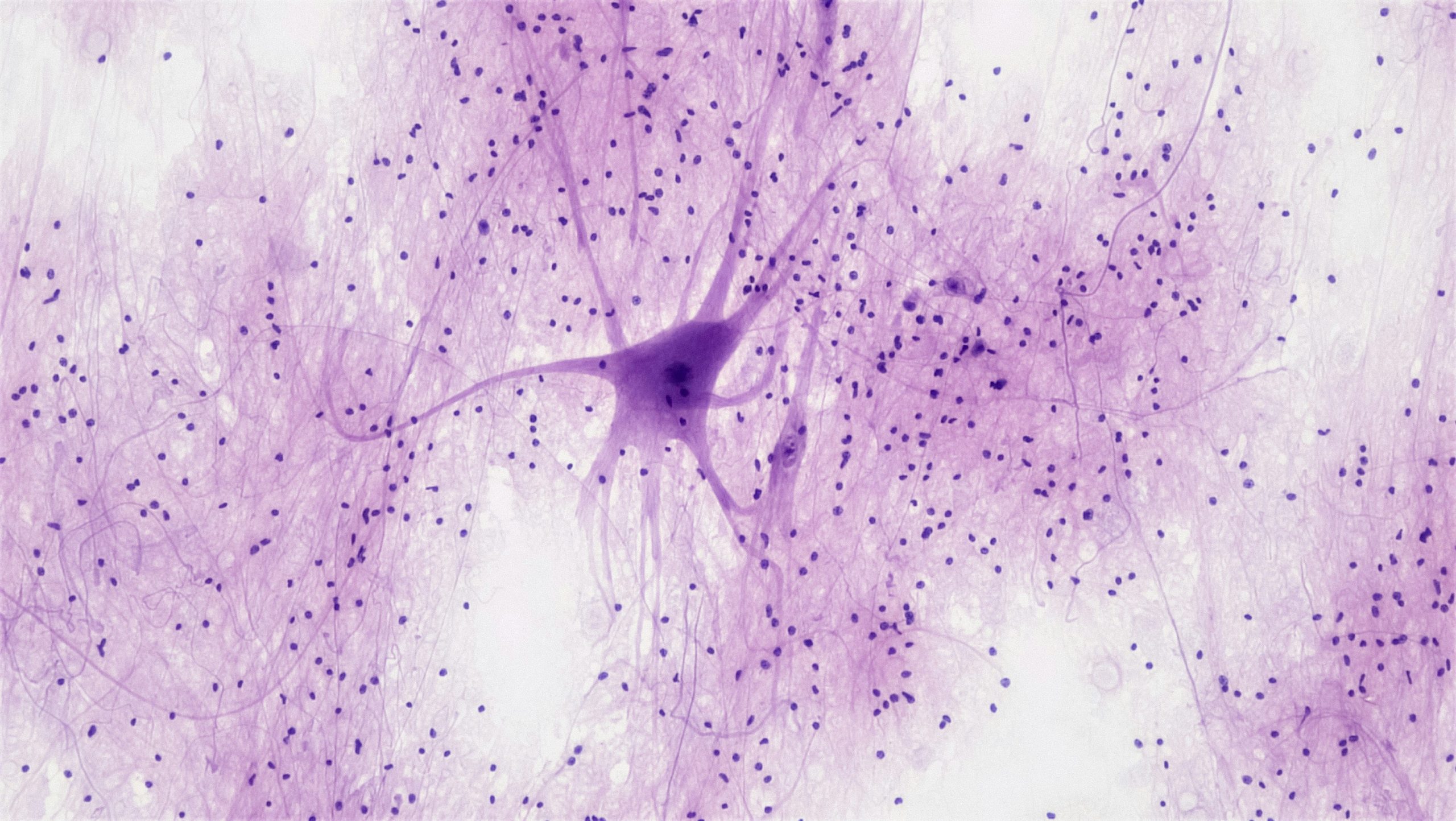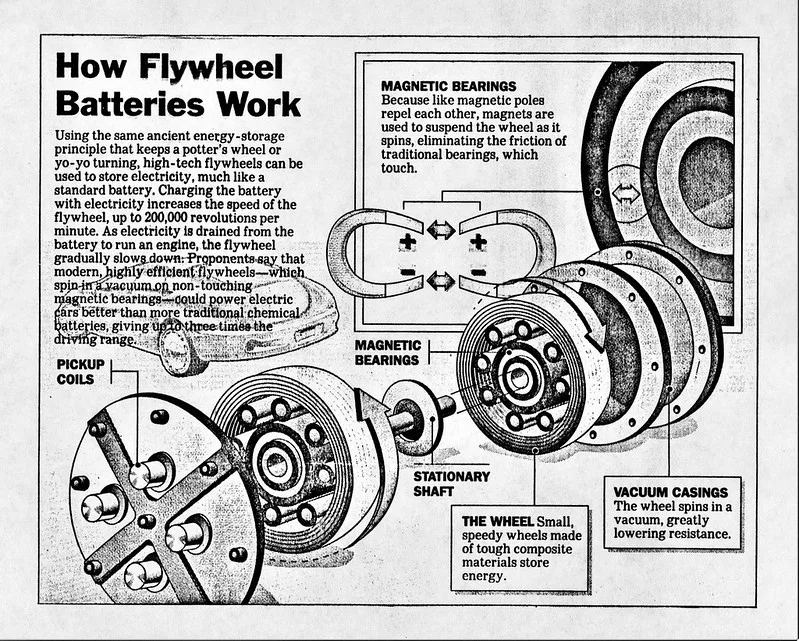Luke Hayward, Year 12, King Edward VI School Stratford-Upon-Avon, Warwickshire
Invention, discovery and scientific advancement are arguably the things that set humans apart from all other beings on our planet. Our capacity for abstract thought, coupled with a deep desire to apply our findings to real world problems has expanded the capabilities of Homo sapiens far beyond what would have seemed possible before our species first emerged. At the fulcrum of so much of this progress: one single intellectual breakthrough – the conceptualisation and subsequent formalisation of the number zero.
The story of zero begins in Mesopotamia, around 5000 years ago, where it was used to symbolise the absence of a digit in a written number. It was in this way that a positional system for notating numbers was born (for example 305 means (3×100) + (0x10) + (5×1)). This deft system paved the way for effortless addition, subtraction, multiplication and division in the manner we all learnt in primary school; yet it took a long while to catch on. The Roman numeral system, for example, is notoriously hard to calculate with. The sum of CMIII + CXLIV is ostensibly trickier to evaluate than the equivalent 903 + 144, from which it is simple to see by considering each column in turn that [(3+4)x1] + [(4+0)x10] + [(9+1)x100] is equal to 1047.
Consequently, it was when the concept of zero as an indicator of the absence of a digit became established, allowing swift arithmetic, that the field of mathematics and the sciences it facilitated really took off. Yet the full potential of zero was not yet realised. In 1200s Europe, zero was becoming an established placeholder but was not yet considered a digit in its own right. This was not an easy step to make, as the concept of nothing is intrinsically hard to grasp. Crucially, each of the natural numbers refers to a specific collection of objects, whereas zero pertains to none at all. Resultantly it was through the mathematical definitions of how zero interacts with other numbers (for example: any number subtracted from itself is equal to zero, as is any number multiplied by zero) that it became established as a number in its own right.
As with any great discovery or advancement, there was fierce opposition to this acceptance of zero as a true number. The Church in Europe deemed the concept of zero to be satanic, arguing that since God is in everything that exists, anything that represents nothing is the work of the Devil. There was also opposition from intellectual circles, with an anonymous Frenchman, writing at the start of the 1500s, proclaiming the widely held belief that ‘Just as the rag doll wanted to be an eagle, the donkey a lion and the monkey a queen, the zero put on airs and pretended to be a digit’. Nevertheless, the tide of progress swept on and zero became gradually accepted as a number in its own right.
It was following from this that mathematical, scientific and even philosophical thought exploded. The multifarious consequences of this simple shift in thought are far too numerous to list here, but two notable applications of zero are in the solving of equations and in calculus. The former stems from the simple idea that if ab = 0 then a, b, or both = 0. This allows the solving of polynomial equations by factorisation in the way with which we are all familiar, but which was simply not possible before the abstraction of zero as a number. Similarly, the field of calculus rests on the evaluation of the limit of an expression as one of the variables tends to zero. This allows us to study the continuous change of variables leading to uncountable applications in everything from physics and engineering to economics and medicine. All underpinned by zero.
Taking a step back, it is interesting to ask whether zero was discovered or invented. Indeed, it is hard to find ‘nothing’ in the world around us. Cosmology confirms that even the empty space of a vacuum is teeming with virtual particles and quantum fluctuations. This leads to the conclusion that zero is in fact not a physical entity but rather a powerful intellectual tool, and perhaps the most revolutionary invention in all of human history.
Winner for the Schools Science Writing Competition, Trinity Term, 2020





